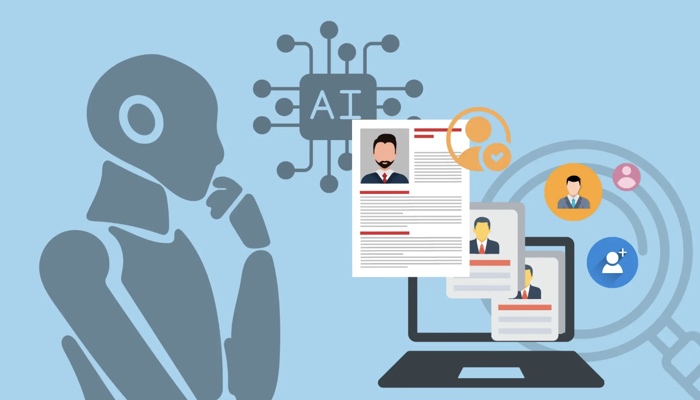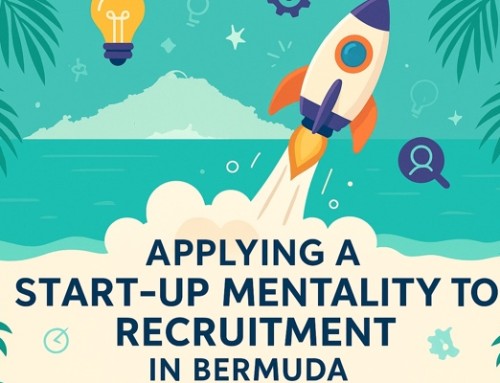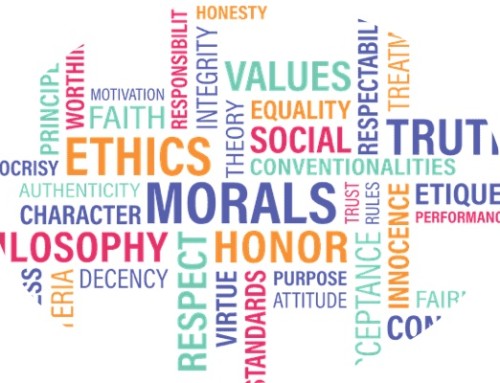Artificial Intelligence (AI) is rapidly transforming the recruitment landscape, offering tools that promise efficiency, precision, and deeper insights. However, as with any disruptive technology, its integration into hiring processes comes with both advantages and challenges that recruiters must navigate.
Benefits of Using AI in Hiring
#1. Time and cost efficiency
AI can automate repetitive tasks such as screening resumes, scheduling interviews, and answering candidate queries. This reduces time-to-hire and allows recruiters to focus on strategic, human-centric aspects of the process. This increased efficiency can benefit both recruiters and job seekers, resulting in a more effective and efficient recruitment process, quicker time-to-hire, and fewer budget implications.
#2. Improved candidate matching
AI-powered tools can analyze job descriptions and match them with resumes using sophisticated algorithms, identifying top candidates based on skills, experience, and cultural fit. This often leads to better quality hires.
#3. Reduced human bias (in theory)
Unconscious bias can unwittingly creep into hiring decisions, and recruiters may inadvertently lean toward candidates who share similar backgrounds or experiences. When properly designed, AI can reduce unconscious biases by focusing purely on data-driven criteria. This can promote a more objective screening process and support diversity initiatives.
#4. Enhanced candidate experience
No candidate enjoys a stressful or confusing recruitment journey. AI-driven chatbots and communication tools offer 24/7 interaction, keeping candidates informed and engaged throughout the hiring process. This level of communication provides immediate value to candidates throughout the hiring process potentially freeing talent acquisition teams to be more efficient and thoughtful with their time and resources.
Drawbacks and Risks
#1. Potential for algorithmic bias
AI algorithms are only as good as the data they’re trained on. AI systems learn from historical data, which can include biased hiring decisions. If unchecked, these systems can reinforce and scale discriminatory practices.
#2. Lack of transparency
AI in recruitment relies on vast amounts of candidate data, and many AI tools operate as ‘black boxes’, making it difficult to understand how decisions are made. This can create issues with accountability and compliance, especially under regulations like GDPR.
#3. Over-reliance on technology
AI algorithms are proficient at analyzing keywords (hard skills and qualifications) but may need considerable help comprehending soft skills and emotional intelligence that are crucial in many job roles. Solely depending on AI can risk overlooking soft skills, potential, and cultural fit—elements that are often better assessed by human intuition and interaction.
#4. Negative candidate perceptions
AI-driven recruitment lacks the human touch that candidates often appreciate. Some candidates may feel alienated by an overly automated process. A lack of human interaction can harm employer branding and reduce candidate engagement.
Conclusion
AI offers powerful tools to streamline and enhance recruitment, but it is not a one-size-fits-all solution. The key for recruiters is to balance technological efficiency with human judgment, ensuring fairness, transparency, and a positive candidate experience. Used wisely, AI can be a valuable ally—not a replacement—in the art and science of hiring.
If you want a job on the Islands, visit our jobs portal to see the latest vacancies.
Are you hiring? Book a Discovery Call if you’re hiring and see how we can help.
Actuarial | Audit & Advisory | Corporate Services | Finance | Insolvency & Restructuring | Legal | Regulatory & Compliance | Trusts | US Tax







Leave A Comment
You must be logged in to post a comment.